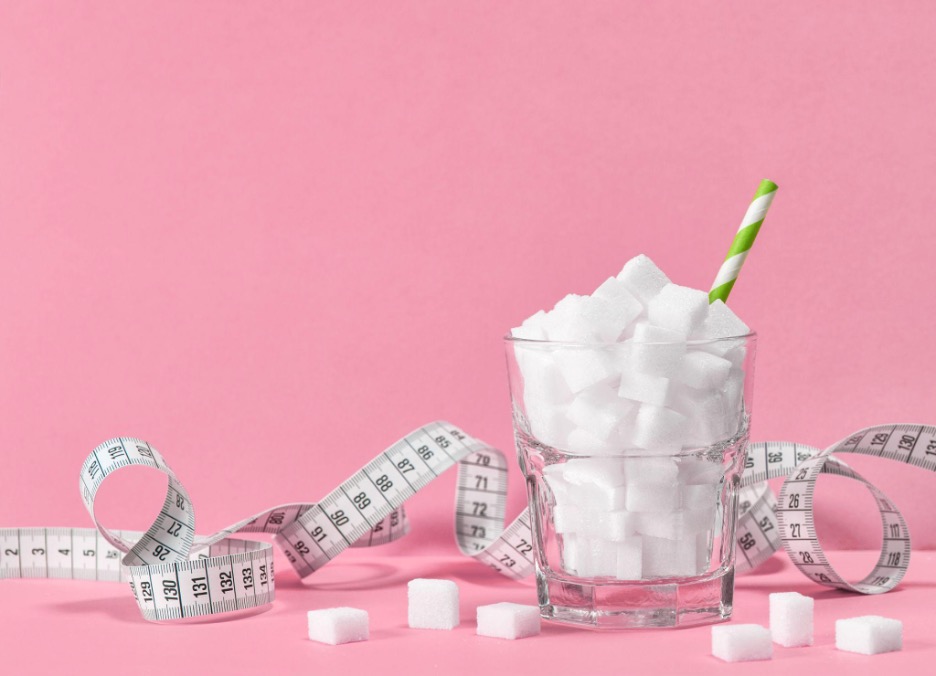
Sugar is a widely available resource and is present in many food items. Hence, it’s no wonder numerous people tend to consume way more sugar than the recommended daily intake.
While this can be attributed to many things, it’s mostly because they’re unaware of how much sugar their bodies truly need. There may not be immediate detrimental effects, but continuing with this diet where you consume too much sugar can be disastrous in the long run. After all, it increases your risks of obesity, type 2 diabetes, and other health conditions.
On the bright side, fixing your eating habits isn’t too late, especially with Proper Good recipes. But the question is, how much sugar does your body need daily? Read on as this article answers that question and more.
Natural Sugar Vs. Added Sugar
Before anything else, it’s essential to understand that there are two main types of sugar.
- Natural sugar is naturally occurring in foods, hence the name. It’s primarily found in fruits and dairy products and is why they’re sweet despite not being processed.
You don’t have to monitor your natural sugar intake since food items that contain this type of sugar usually have other nutrients to offer. Fruits, for example, provide essential nutrients like vitamin C, folate, and potassium. What you have to look out for is added sugar.
- Added sugar is the sugar added to foods during processing. It can come in many forms, such as sucrose, glucose, and fructose. Experts advise limiting your added sugar because it doesn’t offer anything other than its taste. It contains little to no nutrients, yet all forms of added sugar are a source of extra calories.
Keep in mind that there are exceptions to this distinction. Honey is one such exception. Though pure honey is naturally occurring, it contains a negligible amount of nutrients.
For that reason, it belongs to the added sugar category. But since it has health benefits due to its anti-inflammatory, antioxidant, and other beneficial properties, it’s considered a healthier alternative to table sugar. So, if you wish to incorporate honey as an alternative to sugar for snacks and meals, eatpropergood.com would be an excellent place to look for recipes.
How Much Sugar Should You Consume Per Day?
The short answer to that question is 37.5 grams for men and 25 grams for women. To put that into perspective, here’s a look at everyday food items and their corresponding sugar content:
- Extra small apple (100g) = 10g of sugar
- One cup of milk (244g) = 13g of sugar
- One 12-ounce can of Coca-Cola (368g) = 33g of sugar
- One piece of Reese’s Miniature Cups (7g) = 3.3g of sugar
Remember that this is only what the American Heart Association (AHA) recommends for the average individual. The daily sugar intake may vary according to the person’s daily calorie intake.
Dietary guidelines suggest that the sugar intake must not exceed 10% of the calorie intake. So, if you eat 2,000 calories daily, you mustn’t eat more than 50 grams of sugar on the same day.
It becomes much more confusing if you’re following a specific diet. A keto diet, for example, will require you to limit your sugar intake to way lower. But remember, added sugar consumption is mainly for active individuals who can burn it off without any consequence. Those with a passive routine should avoid added sugar altogether.
How To Recognize Foods With Added Sugar
You may still eat sweetened foods unknowingly as much as you’d like to avoid food items containing added sugar. Therefore, you must know how to recognize foods and drinks containing added sugar. To start with, you should make it a habit to check the Nutrition Facts label of any packaged food or drink you get from the store. The label should contain a list of ingredients, including added sugar, arranged according to weight in descending order.
The Nutrition Facts label should include the Total Carbohydrate or Total Sugars section. One of these two will show you how much added sugar the food item contains in grams.
When looking at the label, you must also remember that sugar comes in different names, like glucose, maltose, dextrose, and others. It might be confusing, but most of the chemical names for sugar end in ‘–ose,’ so simply look for terms with that in mind.
Final Words
It is said that too much of anything is bad. In the case of added sugars, even a small amount can lead to disastrous results. That’s why health experts are very particular regarding sugar consumption. Unfortunately, due to a lack of understanding, many people exceed the daily sugar intake quite often, but that should no longer be the case for you. With this guide, you now know how much sugar your body truly needs, and with that piece of information, you can now change your eating habits for the better.



